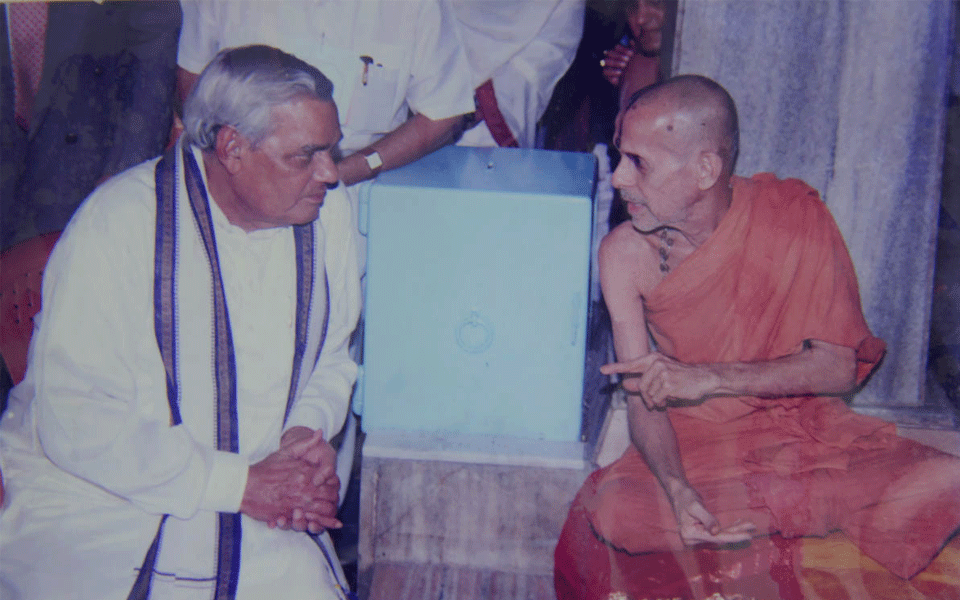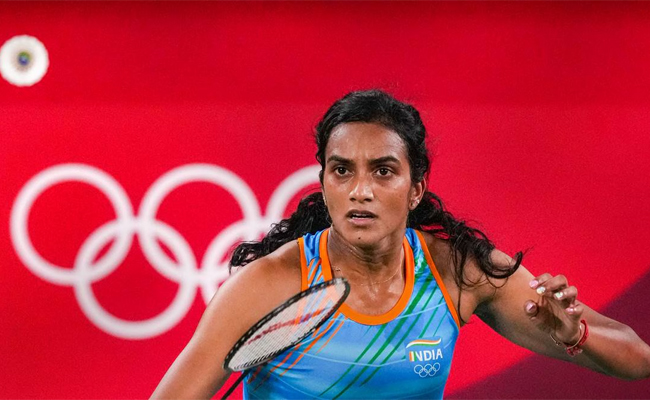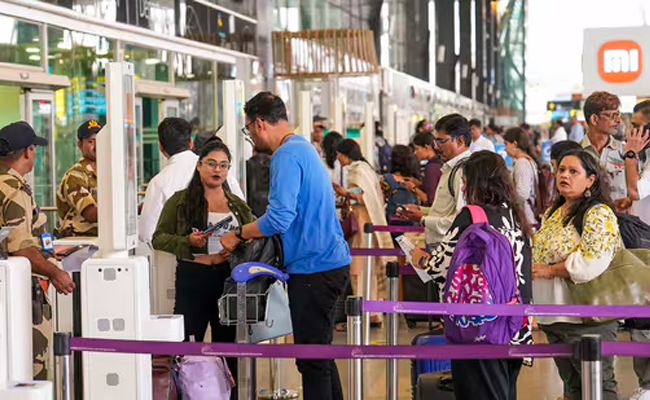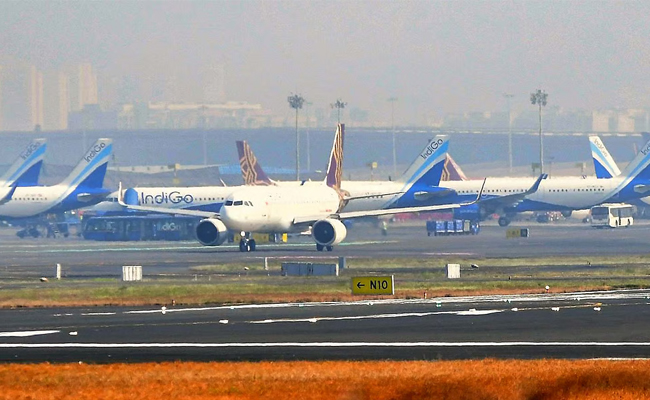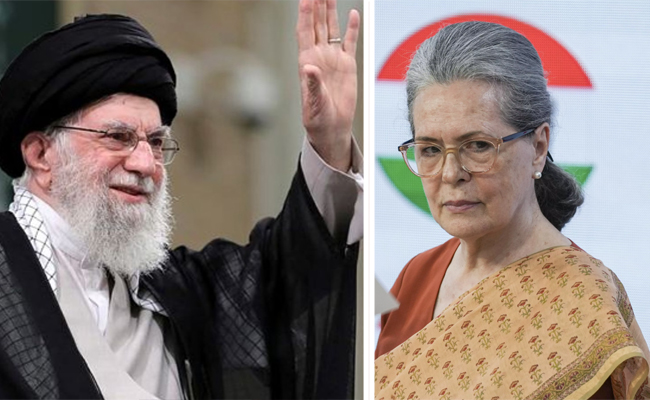Udupi, August 16: Former prime minister Atal Bihari Vajpayee who died after prolonged illness at AIIMS at New Delhi on Thursday, had visited Udupi, the temple town, six times in his lifetime.
When Vajpayee was the national president of Bharatiya Jan Sangh (earlier name of BJP) in 1968, the Jan Sangh had come to power at New Delhi and Udupi city municipal councils with clear majority for the first time. When Udupi city municipal council came into existence, the Jan Sangh had come to power and when Dr VS Acharya was elected as the president, Vajpayee had called him over phone and congratulated him, M Somashekar Bhat who was elected as then Udupi city municipal council member, recalled.
When the Udupi city municipal council had banned carrying excreta on head for the first time in the country, Vajpayee had congratulated Dr Acharya in 1968. In the same year, Vajpayee had participated in a special programme of the city municipal council held in front of the Pejawar Mutt on Ratha Beedi, recalled another senior leader Gujjadi Prabhakar Nayak who became the city municipal council president later.
Somashekar Bhat recalled his stay with Vajpayee, LK Advani and other leaders in Bengaluru jail when Indira Gandhi jailed the opposition leaders during Emergency in 1975.
In the Lok Sabha elections held after withdrawing the Emergency in 1977, Vajpayee had visited Udupi to campaign in favour of former Supreme Court Judge Justice KS Hegde and he had also participated in that meeting, recollected Gujjadi.
Somashekar Bhat recalled that Vajpayee had visited Udupi in 1984 to campaign in favour of himself who contested for Assembly from BJP and Karamballi Sanjeeva Shetty who contested for Lok Sabha elections and addressed the people in front of Victoria Jubilee Hall before the city municipal council. Though both of them were defeated in that election, they were able to retain the deposits and it was because of the speech and visit of Vajpayee, Bhat said.
In 1993, Vajpayee again visited Udupi. While returning from Shivamogga, he had visited Udupi and he was welcomed in front of the city municipal council and felicitated him. In 1998, Vajpayee visited Udupi for the fifth time. He had come to the city to campaign in favour of IM Jayaram Shetty who had contested for Lok Sabha election. Thousands of people thronged the Bhujanga Park where the rally was held to listen to his speech. In the same year, he had also visited Mangaluru to campaign in favour of Dhananjay Kumar.
As the last time, Vajpayee had come to Udupi in 2001 to inaugurate the newly constructed Rajangana by Pejawar seer during the fourth Paryaya of Pejawar seer at Krishna Mutt. On January 18, 2001, Vajpayee, along with Vishvesha Tirtha Swamiji, had darshan of Lord Sri Krishna and inaugurated the Rajangana in the evening. He was felicitated by the Pejawar Mutt then.
Vajpayee had many friends for in Udupi including Dr VS Acharya, Somashekar Bhat, Karamballi Sanjeeva Shetty and others. Dr VS Acharya was recalling his friendship with Vajpayee and LK Advani.









Let the Truth be known. If you read VB and like VB, please be a VB Supporter and Help us deliver the Truth to one and all.
Bengaluru (PTI): Two-time Olympic medal-winning Indian badminton star P V Sindhu, who was stranded in Dubai due to closure of airspace in the Gulf region, has returned to the country after pulling out of the All England Championships in Birmingham.
Sindhu posted on X to announce that she is back in the city.
"Back home in Bangalore and safe. The last few days have been intense and uncertain, but I'm truly grateful to be back to my house," she posted.
"A heartfelt thank you to the incredible ground teams, Dubai authorities, airport staff, immigration, and every single person who stepped up and took such good care of us during a very difficult time. The empathy and professionalism meant more than words can say.
ALSO READ: Sonia slams Modi govt's silence on Khamenei killing, demands debate in Parliament
"For now, it's time to rest, reset, and figure out the next steps," she added.
The former world champion was on her way to Birmingham via Dubai, when she was stranded after the flight operations were suspended in the Gulf region following the US and Israeli bombing of Iran.
Iran subsequently retaliated, hitting Dubai as well.
"Moments like these remind you how fragile normal life really is," she had posted on February 28 while revealing some details of her ordeal, which included an explosion near her place of stay.
She had described the experience as "extremely tense and scary moment" for her and her team, including Indonesian coach Irwansyah Adi Pratama.

